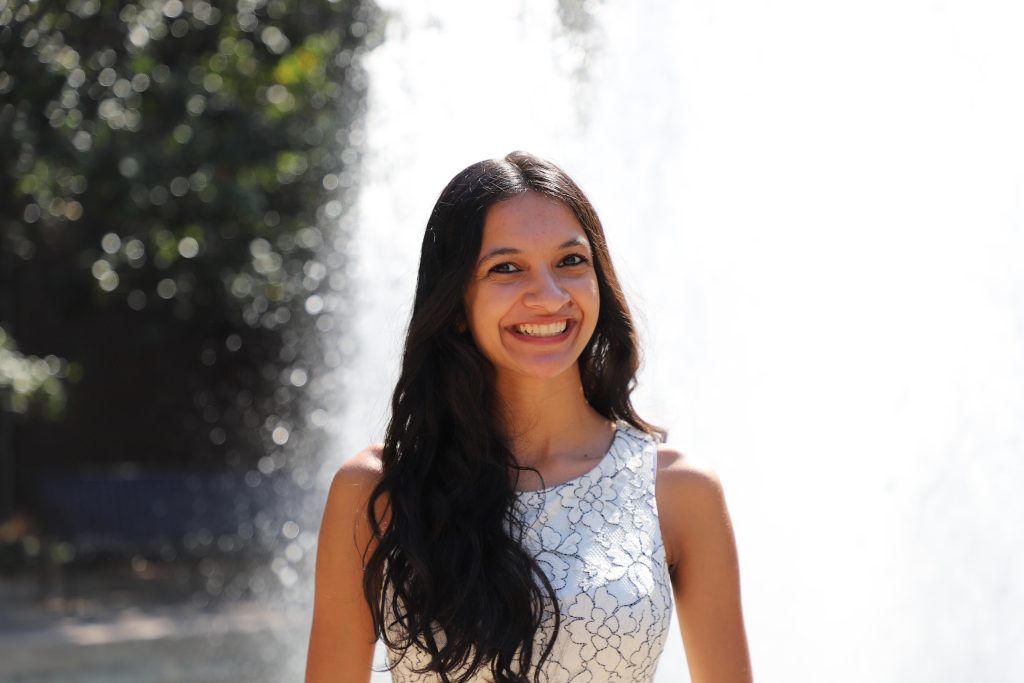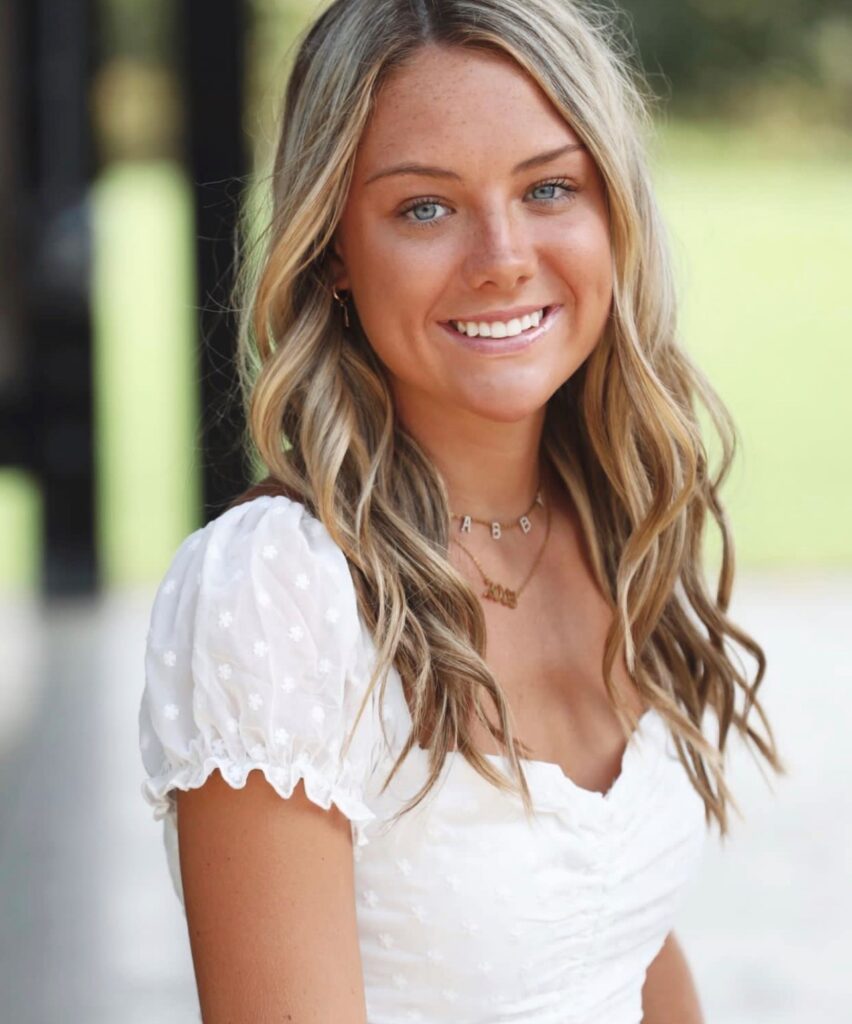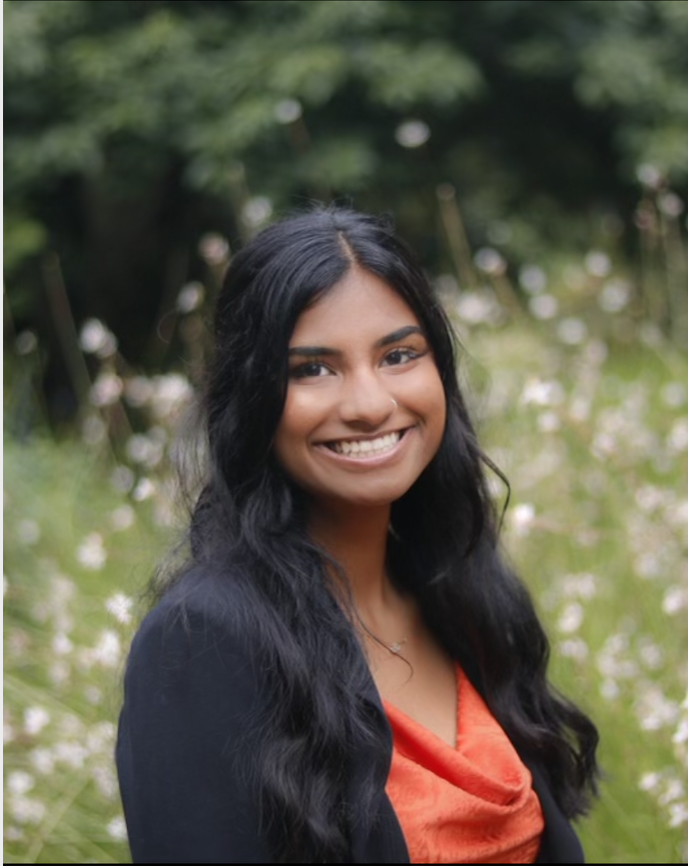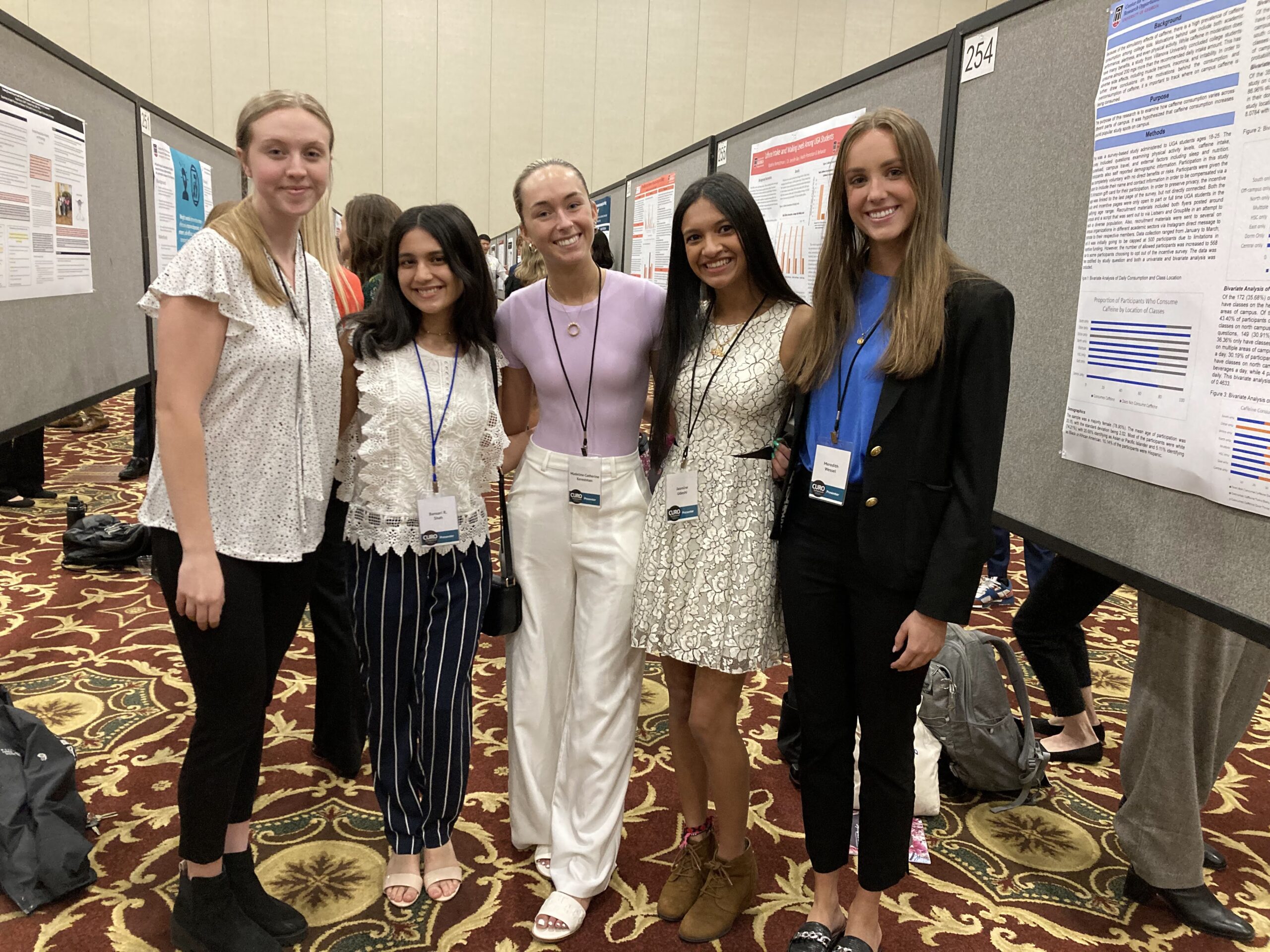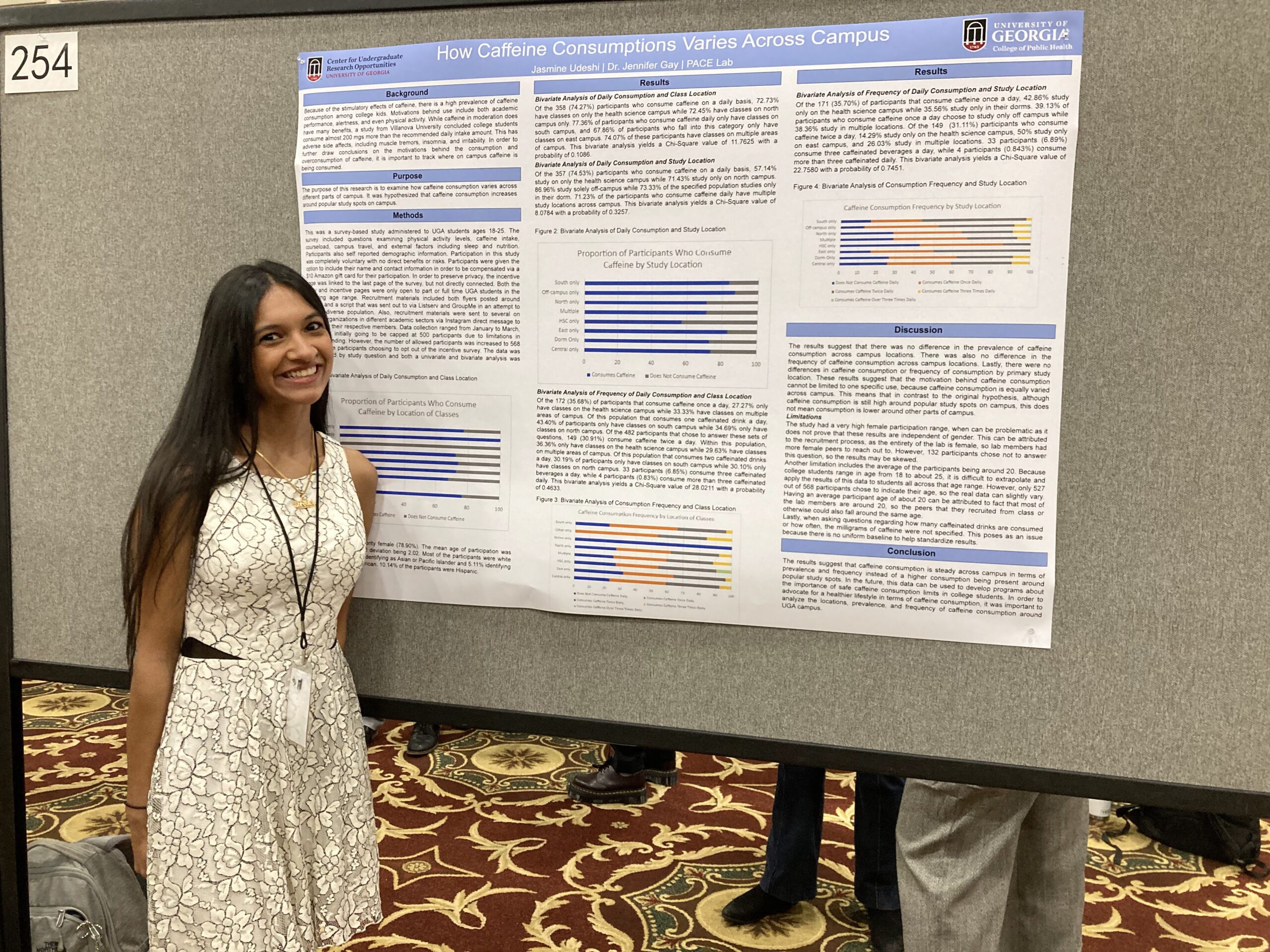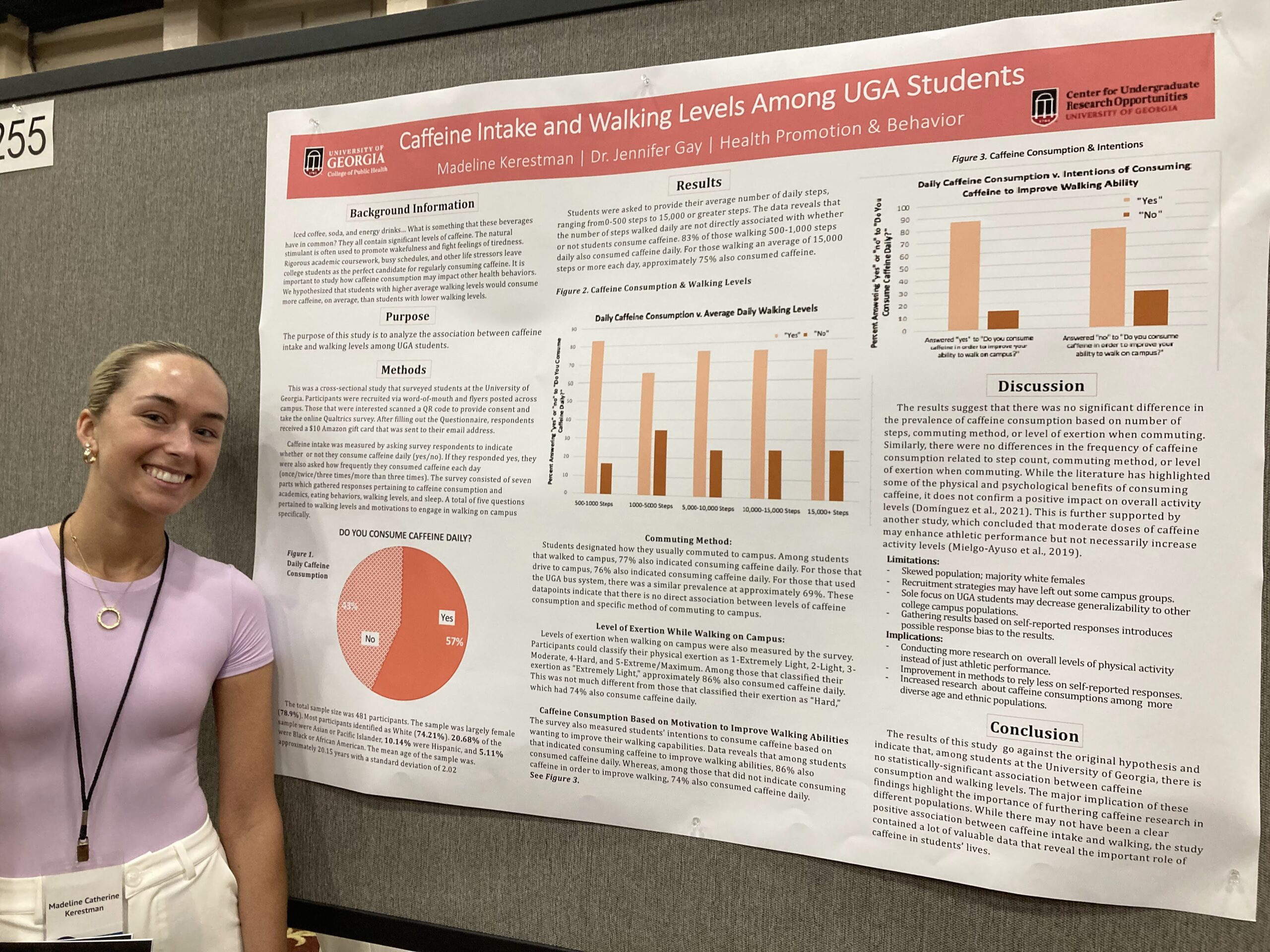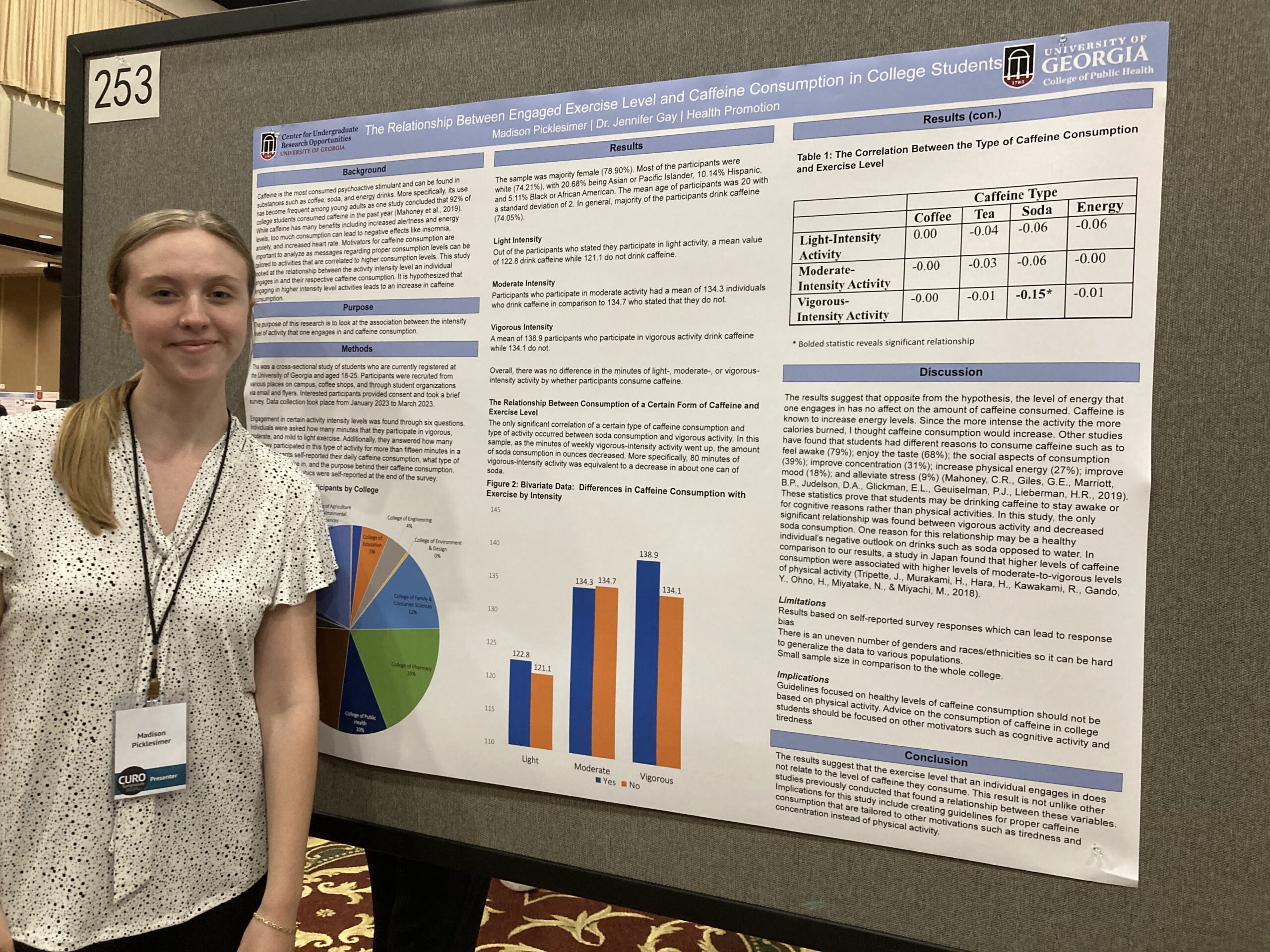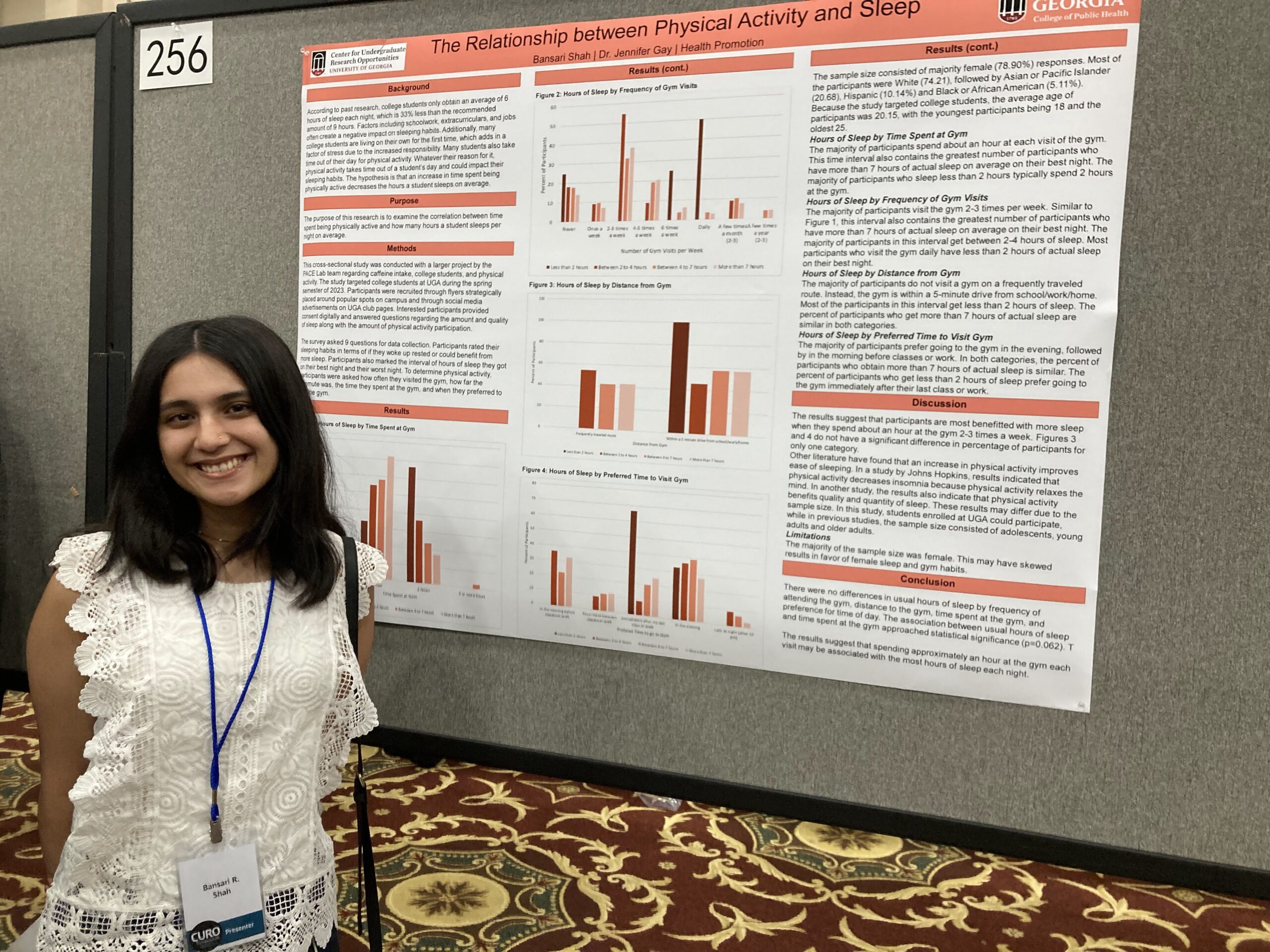Two PACE Lab students, Abby Huggins and Jasmine Udeshi, have been selected from over 100 applicants to be a part of a research team at Medical College of Georgia to help develop a database with information about the residency and fellowship match process in America. This database will include statistics about if and where students are matching for residency and fellowship, which allows future physicians to make informed decisions about what programs would be the best fit for them. This information is crucial to medical students, residents, and program directors, yet it is not readily available. Abby and Jasmine are so excited to be involved in this project!
Congratulations Graduates!
Five PACE Lab Members Present Their Independent Research at CURO!
Congratulations to the PACE Lab members who presented their work at the 2023 Center for Undergraduate Research Opportunities (CURO) Symposium! These five presentations resulted from independent, collaborative research by PACE Lab members. The overarching project examined the impact of caffeine consumption on academics, physical activity, and sleep. These students, along with Rithika Archinapalli (not pictured), conceptualized their study, obtained CURO research awards to fund their science, and saw the project through to presentation.
Meredith Wessel, Oral Presentation, “College Students and Caffeine”
Madison Picklesimer, Poster Presentation, “The Relationship of Activity Intensity Levels and Caffeine Consumption”
Jasmine Udeshi, Poster Presentation, “On Campus Caffeine Consumption”
Madeline Catherine Kerestman, Poster Presentation, “Got Caffeine? The Association Between Caffeine Intake and Walking Levels Among UGA Students”
Bansari R. Shah, Poster Presentation, “The Relationship between Physical Activity and Sleep”
More PACE Lab Students Awarded CURO Funding!



Congratulations to PACE Lab members Melat Mekonnen, Bansari Shah, and Meredith Wessel on earning funding from the Center for Undergraduate Research Opportunities (CURO) this fall. They are all working on different aspects of the PACE Lab student-led project on caffeine intake, physical activity, and sleep among college students. Keep up the great work!
Stair walking effects on feelings of energy and fatigue: Is 4-min enough for benefits?
New research from Dr. Jennifer Gay of the PACE Lab found that although exercise in four minute chunks is beneficial for physiological benefits like lowering blood sugar, it may not be sufficient to improve mental health in college students. This study looked at short-term changes in mental and physical fatigue and mental and physical energy. One of the challenges for our sample was that they already had relatively high feelings of energy and low feelings of fatigue. Check out the full article for more!

PACE Lab Members Receive CURO Funding!
Congratulations to Meredith Wessel, Jasmine Udeshi, Madeline Kerestman, Madison Picklesimer, and Rithika Archinapalli for receiving Center for Undergraduate Research Opportunities (CURO) Research Awards! These awards, $1,000 each, support students during a semester to conduct research. Together these PACE Lab team members have developed a set of research questions pertaining to student health. In addition to generating their own research questions, they will identify ways to measure their selected variables, conduct primary data collection, analyze their data, and present their findings at the annual CURO Symposium in April. Great work everyone!
PACE Lab Director, Dr. Jennifer Gay, Part of Team to Improve Community Preparedness
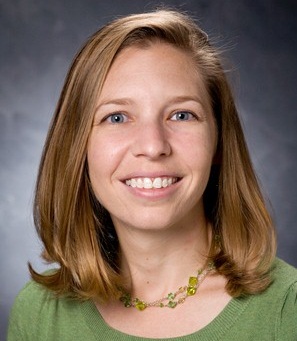
Dr. Jennifer Gay is the lead evaluator and implementation monitor on the Climate Resilience Project through Technology and Transportation Innovation, funded by the Partnership for Inclusive Innovation. The team includes stakeholders from Athens-Clarke County, the University of Georgia, Augusta University, and Kennesaw State University. The goal of the project is to minimize risk from all hazards and generate an equitable mitigation plan. You can read more about this project here.

